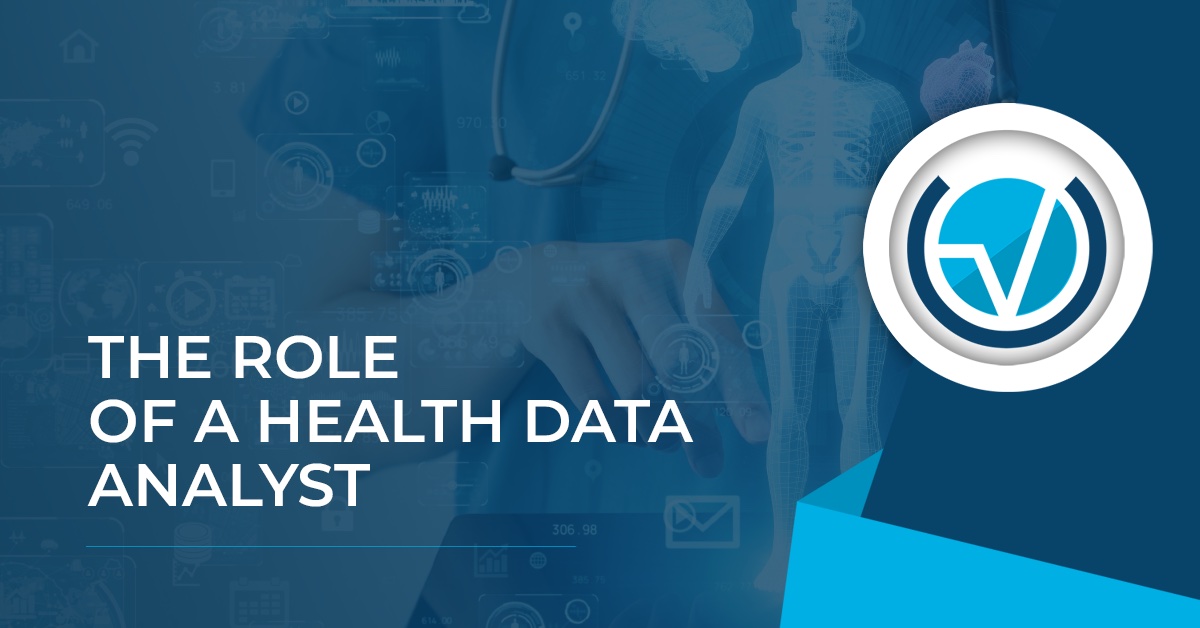In today’s competitive world, businesses rely heavily upon data analysis. Companies seek to turn raw data directly into insights that assist grow their business. Data analysts happen to be key players within this process. They will find stories hidden inside numbers to show what’s actually happening. As with maroc digital to skilled data analysts grows, understanding their role becomes more essential than ever. This article explores what info analysts do, typically the skills they want, and just how they push success.
What is a Data Expert? Definition and Review
The Role and Responsibilities of the Data Expert
A data analyst’s primary job is to gather data, clean it, analyze that, and promote what they find. They work with data from many sources, like databases or studies. Once they experience quality data, industry analysts use it to discover patterns, trends, or perhaps surprises. Their information support key business decisions. Whether it’s improving sales, reducing costs, or being familiar with customers better, info analysts guide these types of choices.
Essential Skills and Qualifications
To have success, data analysts need to have good technical skills. This includes understanding SQL, Excel, and visualization software like Tableau or Energy BI. They ought to also understand basic statistics. Soft skills matter too. Crucial thinking, clear conversation, and problem-solving are usually crucial. Making information easy to know helps everyone in the company use the insights effectively.
The Evolution of Files Analysis Careers
Data analysis has been around for years, nevertheless it’s even more advanced. During the past, industry analysts mainly viewed spreadsheets. Today, new resources like AI plus machine learning are expanding what they can do. The part of data analysts is shifting by simple reports to be able to building complex designs. This change presents new career pathways, with many future possibilities.
Core Skills and Tools Every Data Analyst Must Expert

Technical Skills for Data Analysis
Files analysts need to be able to know programming dialects like SQL for databases, Python or even R for analysis. Data visualization resources such as Tableau and Power BI help turn files into charts and dashboards. Clean data is vital; knowing techniques for data cleaning makes analysis accurate. Mastering learning these skills let us analysts handle complicated data sets confidently.
Analytical and Statistical Skills
Understanding figures helps analysts summarize data, find human relationships, and predict prospect outcomes. Descriptive analytics looks at what’s happening now. Inferential analytics helps understand why it happens. Predictive analytics offers predictions depending on past files. Knowing these approaches makes insights even more meaningful.
Soft Abilities for Success
Data analysis isn’t just regarding numbers. Explaining findings clearly is critical. Great storytelling helps some others see why information matter. Collaboration together with marketing, sales, or even IT teams increases results. Building strong communication skills transforms data into motion plans.
Recommended Accreditation and Education Paths
Many certifications enhance a data analyst’s credibility. Popular choices include Microsoft Qualified Data Analyst, OBSTACLE, and Tableau qualifications. A bachelor’s diploma in statistics, computer system science, or business is common. Online courses from platforms such as Coursera or Udemy offer flexible mastering. Consistent education maintains skills fresh as technology advances.
